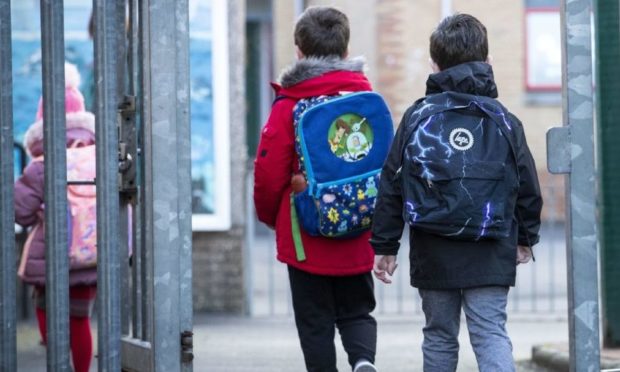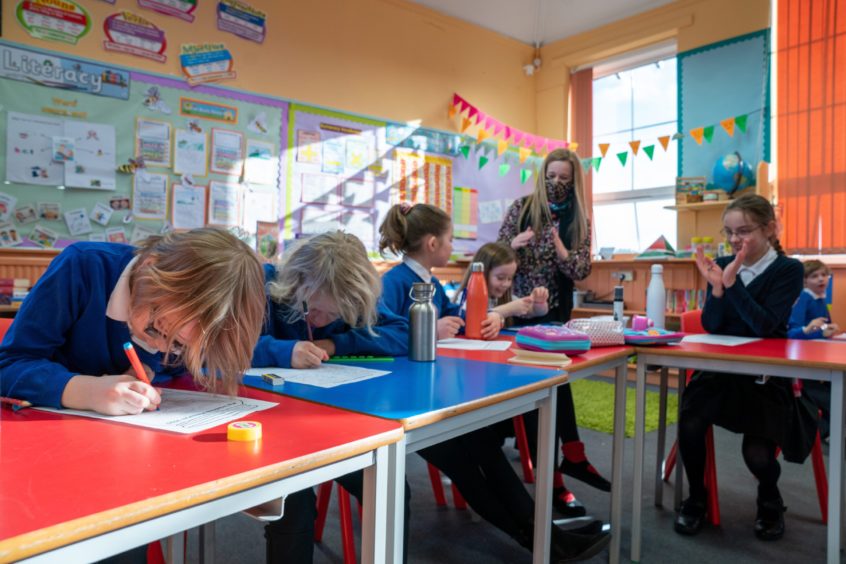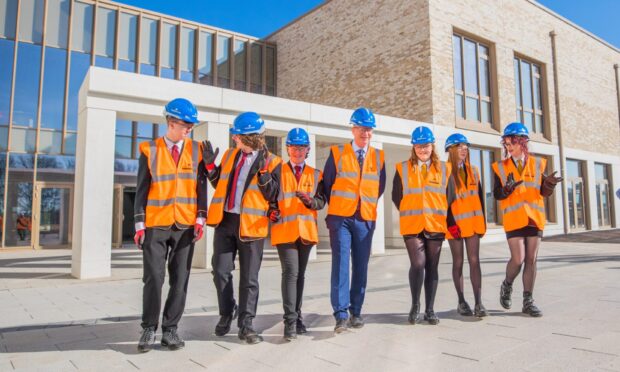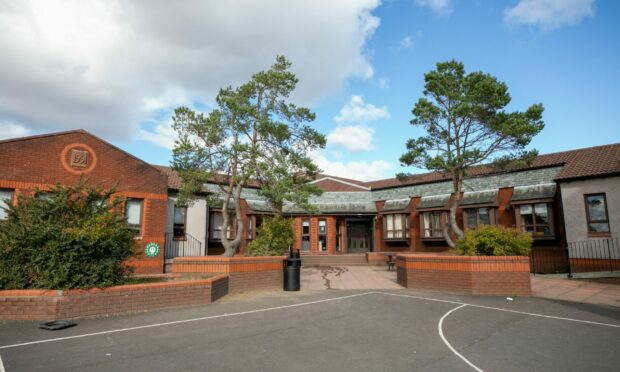Adults living with children are at no greater risk of testing positive for Covid-19 – even during periods when schools are open – a study has found.
Researchers at Glasgow University, in partnership with Public Health Scotland, looked at a large occupational cohort of the population between March and October 2020.
They found that the risk of testing positive for the virus was lower for adults living in a household with a child between the ages of 0 and 11, than it was for those in households without young children.
The risk was lower still for adults who lived in households with two or more children under 11 years old.
Researchers believe that these findings provide evidence of a potentially protective effect against Covid infection in households with young children.
It is currently understood that young children are much less likely than adults to have a severe infection of the virus, with most having mild or no symptoms at all.
Dr David McAllister, of Glasgow University, lead author of the study, said: “This study provides new evidence of a potentially interesting protective effect that young children may have on the rest of their household.
“Any protective effect of children on Covid-19 rate and severity in their household contacts would seem likely to involve cross-reactive immunity to endemic coronavirus infections acquired outside the home – for instance at nursery or school.
“Our study highlights that more research is needed to understand if young children are conferring some protection to those around them.”
“Schools should be open in full and, as this research hints, should never have been closed in the first place.”
Jo Bisset, organiser UsForThem Scotland
Dr Rachael Wood, clinical lead for maternal and child health at Public Health Scotland, and an author of the study, said: “This study adds to existing evidence on the limited role that children play in the transmission of Covid-19.
“More work is needed to explore the idea that living with children might offer adults some protection from infection, but what we can already safely say is that children are not major drivers of Covid-19 transmission.”
Dr Wood continued to urge caution however, and stressed the importance of parents to continue following the rules to minimise the spread of the virus.
She added: “Spending time playing with others their age is essential for children. However, this does sometimes mean that adults from different households will be brought together.
“When this happens, it is important for parents (as well as teachers and carers) to follow the hygiene and social distancing rules that are in force, to minimise the risk of infection spreading between adults.
“It is also important that local authorities ensure that children have access to outdoor play areas where the risks of transmission are known to be much lower, especially in parts of the country where access to private outdoor space is limited.”
Reacting to the findings of the study, one parent group called for schools to be open in full. All pupils are expected to return to classrooms full time after the Easter break.
“This study provides new evidence of a potentially interesting protective effect that young children may have on the rest of their household.”
Dr David McAllister, Glasgow University
Jo Bisset, organiser for UsForThem Scotland, said: “Throughout this crisis kids and their parents have been demonised just for wanting schools to stay open.
“This extensive study which took place here in Scotland shows quite clearly that families with children were not at a greater risk. In terms of positive testing, the risk was actually lower.
“The Scottish Government must now use this to change the narrative.
“Schools should be open in full and, as this research hints, should never have been closed in the first place.
“It’s time for ministers to find some resolve on this and start talking up the role schools being open can play as we begin the fightback from Covid-19.”











